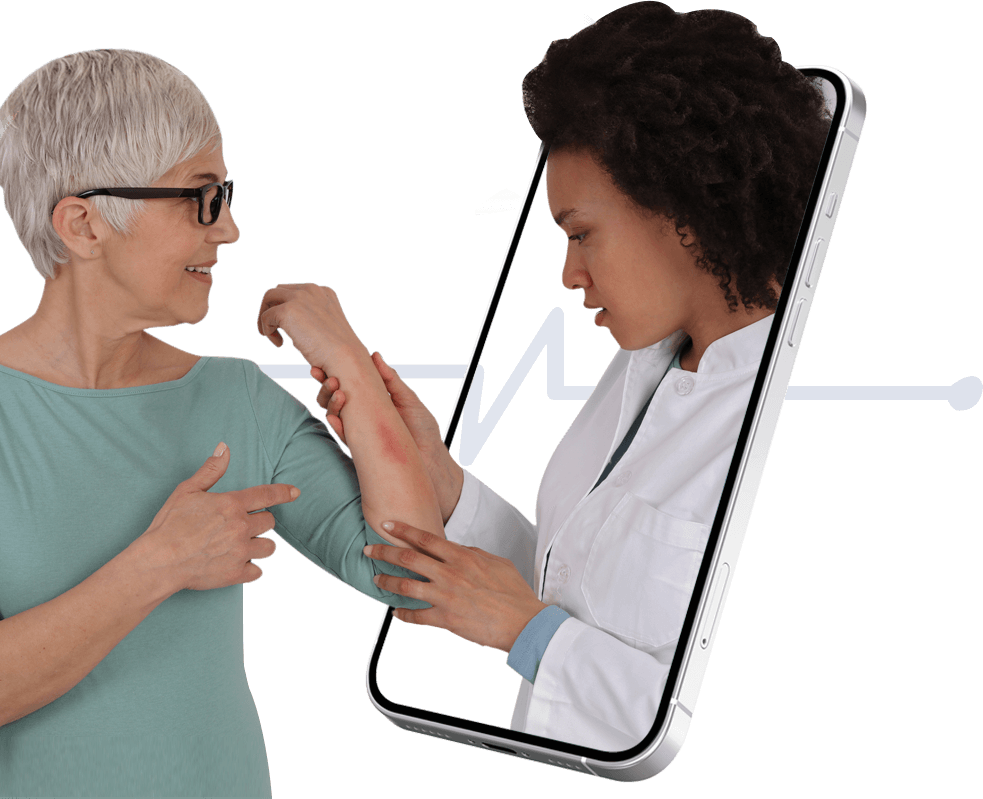March 15, 2024
Supporting Communities That Need Us Most
March 15, 2024

About Priority Virtual Health Care

Priority Virtual Healthcare is a southern based telehealth company treating minor chronic conditions and urgent care illnesses for adults in Alabama & Georgia. We offering a fee-for-service model eliminating the need for health insurance. With transparent pricing and good faith estimates, we hope to make your telehealth experience enjoyable by not billing you after your visit. As a result of this pay model, we do not accept health insurance (including Medicare/Medicaid) for our services.
Our Services


Urgent Care
$68
Please see our list of exclusions prior to booking

Prescription Refills
$50
Please have your empty prescription bottle/packaging and upload a picture to your patient
registration paperwork. Refills given for 30 days only. Prescription exclusions apply.

Priority Diabetic Plan
$125 initial visit (includes one free follow-up) then $45 per subsequent visit.

Small Business Solutions
Small business owners with (or without) health insurance, save money on healthcare visits by considering telehealth as a solution for yourself and/or employees. Our providers can order labs, imaging, and more.

Get a Free Visit
Free Visit Fridays for individuals with these working home monitoring devices.
*Thermometer
*Blood Pressure Monitor
*Pulse Oximeter
*Glucometer (diabetics only)
For More Virtual Health Care Services Contact Us Now
Why Choose Us



No Surprise Billing!
No Monthly Membership Fees!

No Apps to Download!



